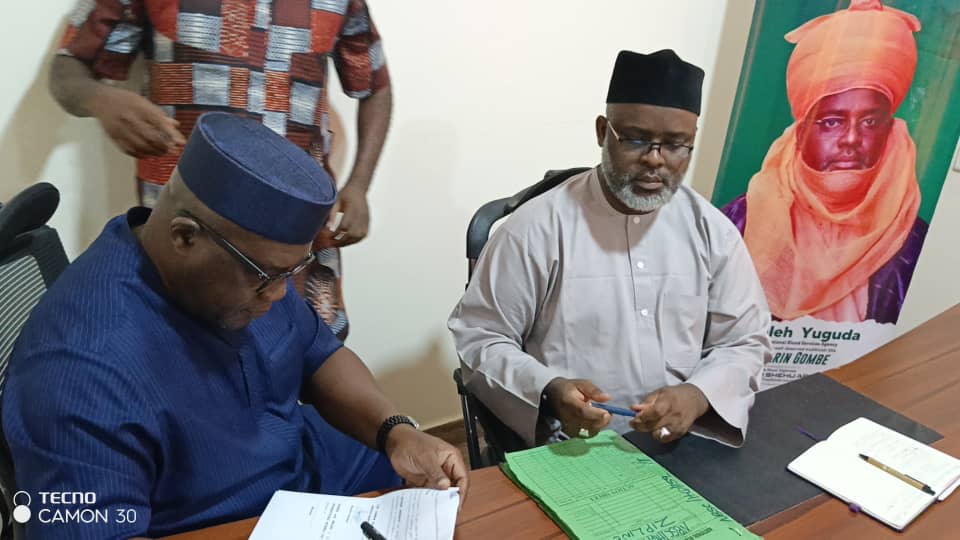The death of Dr. Oluwafemi Rotifa, a 29-year-old surgery resident at Rivers State University Teaching Hospital (RSUTH), has reignited public anger over the harsh realities faced by Nigerian doctors.
Fondly called “Femoski” by colleagues, Dr. Rotifa collapsed on September 1 after a grueling 72-hour emergency room shift. He was rushed to the intensive care unit, but efforts to revive him failed.
Colleagues said he had earlier complained of feeling unwell and asked for time off. His request was denied.
Dr. Rotifa had recently passed the UK’s PLAB 2 exam and secured registration with the General Medical Council. He was awaiting placement abroad.
Eyewitnesses said he was left to manage patients almost alone due to severe understaffing. Preliminary reports suggest exhaustion, possibly worsened by malaria. No official autopsy has been released.
The Nigerian Medical Association (NMA) confirmed his death. Rivers State Vice President, Dr. Benjamin Olowojebutu, called it “heartbreaking and unacceptable.”
He said many doctors endure long shifts without proper pay, health insurance, or regulated hours.
Dr. Tope Osundara, President of the Nigerian Association of Resident Doctors (NARD), said the tragedy was preventable. “Burnout has become a hallmark of Nigeria’s collapsing health system,” he warned.
Nigeria’s doctor-to-patient ratio stands at 1:10,000. The World Health Organization recommends 1:600.
Not the First Time
Dr. Rotifa’s death echoes that of Dr. Umoh Michael in 2023. He also collapsed after a 72-hour shift at Lagos University Teaching Hospital.
Despite public outcry then, doctors say little has changed.
Social media is now flooded with tributes and stories from medical professionals. One post read: “No job, no system, no title is worth your life. Put yourself first, because the system won’t.”
Advocacy groups like Equicare Strategies are demanding urgent government action. They want better staffing, humane work conditions, and a review of residency training.
The unions are also pushing for improved welfare packages for medical workers.
For many, Dr. Rotifa’s death is more than a tragedy. It is a wake-up call to protect those who protect us.
How many more doctors must be lost before Nigeria fixes its poor healthcare system?
Rate, Like 👍, Comment💬, share this article and Follow us on our social media handles. You can also Submit your own story to get featured and earn rewards!







